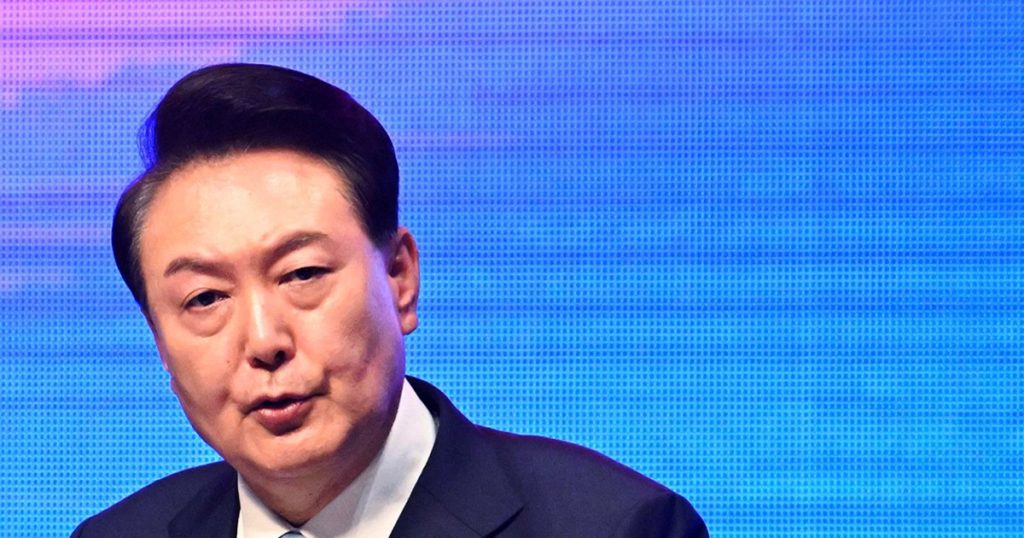In his National Liberation Day speech, South Korean President Yoon Suk Yeol proposed establishing a working-level consultative body with North Korea to discuss ways to ease tension and resume economic cooperation. Yoon expressed his readiness for political and economic cooperation if North Korea takes steps toward denuclearization. However, relations between the two neighbors remain strained, with North Korea advancing its nuclear and missile capabilities and distancing itself from South Korea.
Yoon outlined a blueprint for unification and extended an olive branch to Pyongyang, despite recent rejections of relief supplies for flood damage. He suggested the formation of an inter-Korean working group to address issues such as economic cooperation and people-to-people exchanges. Yoon emphasized the importance of dialogue and cooperation in improving inter-Korean relations, although obstacles remain due to North Korea’s hostile rhetoric and actions.
The appointment of a former professor viewed as pro-Japan to oversee a national independence museum sparked controversy, leading to tensions with opposition lawmakers. Major independence movement groups held a separate ceremony in protest, highlighting political polarization over Yoon’s efforts to strengthen security ties with Tokyo. Yoon’s office stated there were misunderstandings about the appointment and expressed a commitment to resolving the issue.
Yoon also proposed launching an international conference on North Korea’s human rights and a fund to raise global awareness and support activist groups. He emphasized the role of freedom-based unification in improving North Koreans’ lives and building friendly forces for unification. However, the North Korean regime may perceive these plans as threats to its stability, potentially complicating efforts to promote human rights and information access.
The speech marked a departure from Yoon’s past focus on Japan during National Liberation Day, coinciding with visits by Japanese cabinet ministers to the controversial Yasukuni shrine. Seoul’s foreign ministry expressed disappointment over the visits, urging Tokyo to acknowledge its wartime aggression and reflect on history. The main opposition Democratic Party criticized Yoon’s speech as a ploy to align with pro-Japan forces and provoke conflict with North Korea.
Yoon’s office defended the speech, framing it as a demonstration of Seoul’s confidence in seeking cooperation with Tokyo while addressing historical issues. The groundwork for future North Korean unification was laid out, with plans for a consultative body independent of Pyongyang’s response. Despite uncertainties about North Korea’s reaction, the proposed working group signifies a willingness to engage in substantive progress toward easing tensions and promoting cooperation between the two Koreas.


